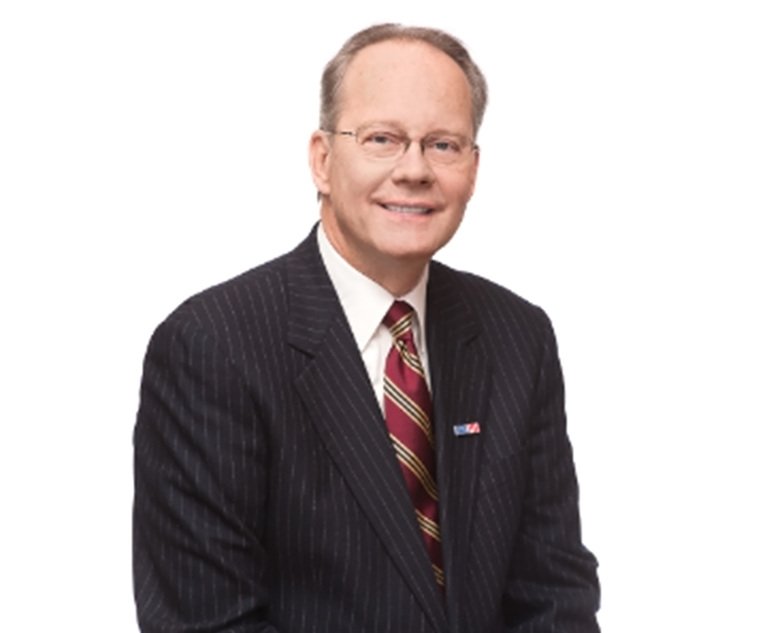Candidate: James J. Eisenhower
Court: Philadelphia Court of Common Pleas
Party: Democrat
Philadelphia Bar Association rating: Highly recommended
The following has been edited lightly for length and style.
The Legal Intelligencer: How would you describe your judicial philosophy?
James J. Eisenhower: Equal justice under law.
The Legal: What makes you the best candidate for the role?
Eisenhower: I was awarded the “highly recommended” rating from the Philadelphia Bar Association. I believe that my experience as president judge of the Pennsylvania Court of Judicial Discipline, federal prosecutor with the Justice Department’s Civil Rights Division, assistant U.S. attorney in the Eastern District of Pennsylvania, big-firm lawyer practicing criminal law and high-stakes civil litigation, law professor and as chairman of the Pennsylvania Commission on Crime and Delinquency and the Pennsylvania Intergovernmental Cooperation Authority board gives me a well-rounded and unique set of skills to bring to the bench.
The Legal: What is the greatest threat to the practice of law or problem the profession faces?
Eisenhower: If the public loses confidence in the impartiality and incorruptibility of our courts, then our system cannot function. Those of us who make up the justice system, be they attorneys, staff or judges, must do their best to adhere to the highest standards of ethics and justice.
The Legal: What does your party membership say about you and your legal outlook?
Eisenhower: I am a candidate of the Democratic Party. Despite my famous Republican last name, I am proud of the Democratic Party’s progressive and forward-looking history. If I am elected, however, party politics will never be a factor in any decision I will render.
The Legal: Do you think courts in Pennsylvania have a perception problem when it comes to appearing partisan or polarized? If so, what would you do to combat this?
Eisenhower: My four years as a judge on the Pennsylvania Court of Judicial Discipline, the last year as president judge, reinforced my strong belief that ethics and integrity are central to our system of justice.
The Legal: Several CLEs and bench-bar panels have recently addressed the growing phenomenon of distrust in the courts. In your view, how has distrust in the judiciary created challenges for the bench, and how should judges respond?
Eisenhower: See above answers.
The Legal: What factors matter in deciding when recusal is necessary, and would you recuse yourself if a campaign contributor were involved in litigation as a party or attorney before you?
Eisenhower: I will consider recusal on a case-by-case basis, following the Pennsylvania Constitution, the Code of Judicial Conduct and other relevant guidance.
The Legal: Who are your role models and mentors?
Eisenhower: I have been privileged to have had a number of mentors and role models in my career. Among the most important were [Superior Court] Judge J. Sydney Hoffman, for whom I clerked; Barry Kowalski, civil rights lawyer and law professor; Linda Davis, my first boss at the Department of Justice; and Ronald Dworkin, one of my graduate school professors. All of them had a passion for justice, love of the law, personal ethics, civility and empathy. My father, who passed away earlier this year, was an Army veteran (Third Infantry Division), postman and small businessman. Among my earliest memories are his urging us as children to treat every person with respect. Reverend Doctor Martin Luther King was a hero in our family. Dr. King continues to serve as a role model for me.
NOT FOR REPRINT
© 2024 ALM Global, LLC, All Rights Reserved. Request academic re-use from www.copyright.com. All other uses, submit a request to [email protected]. For more information visit Asset & Logo Licensing.


 James Eisenhower, candidate for the Philadelphia Court of Common Pleas. Courtesy photo
James Eisenhower, candidate for the Philadelphia Court of Common Pleas. Courtesy photo





